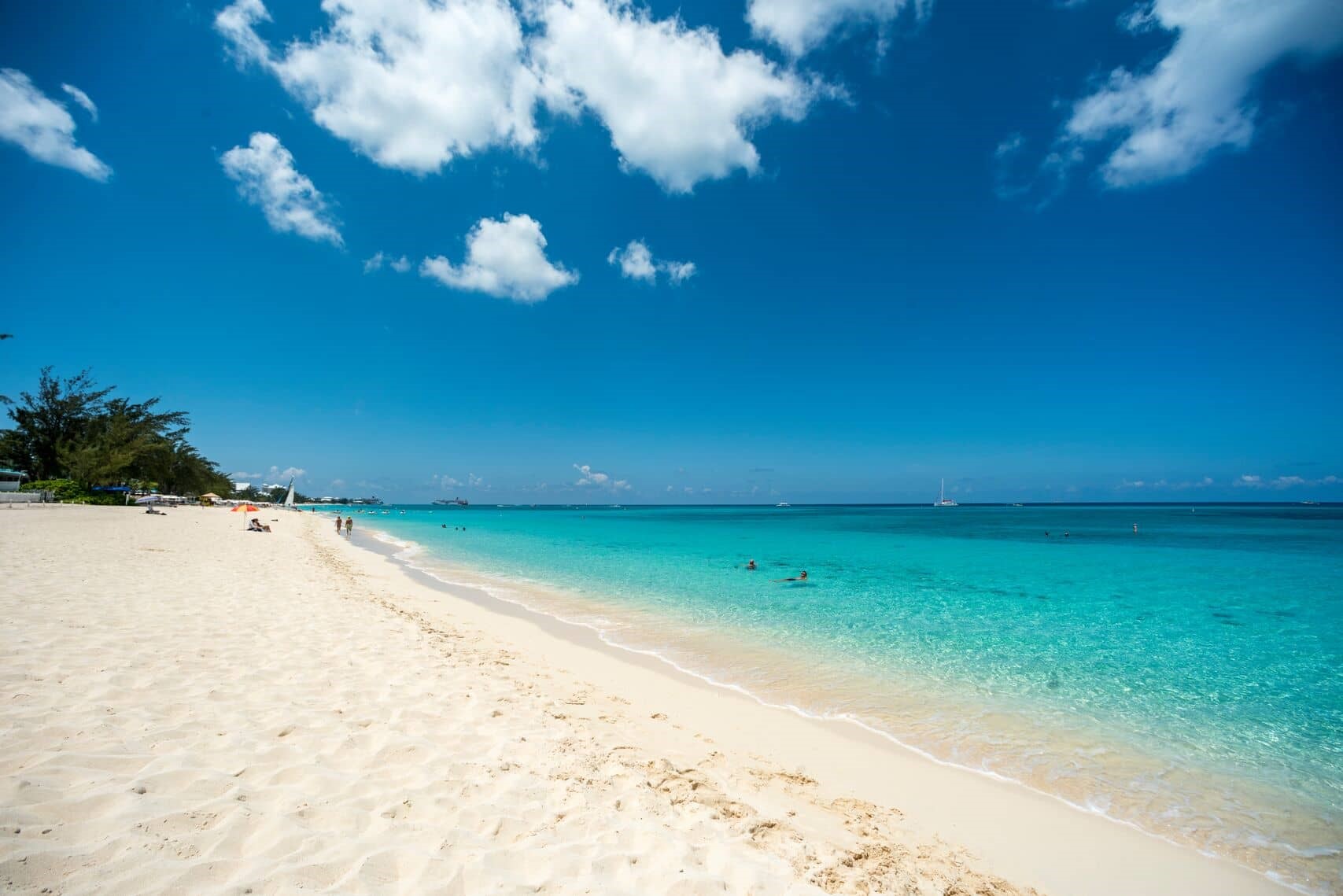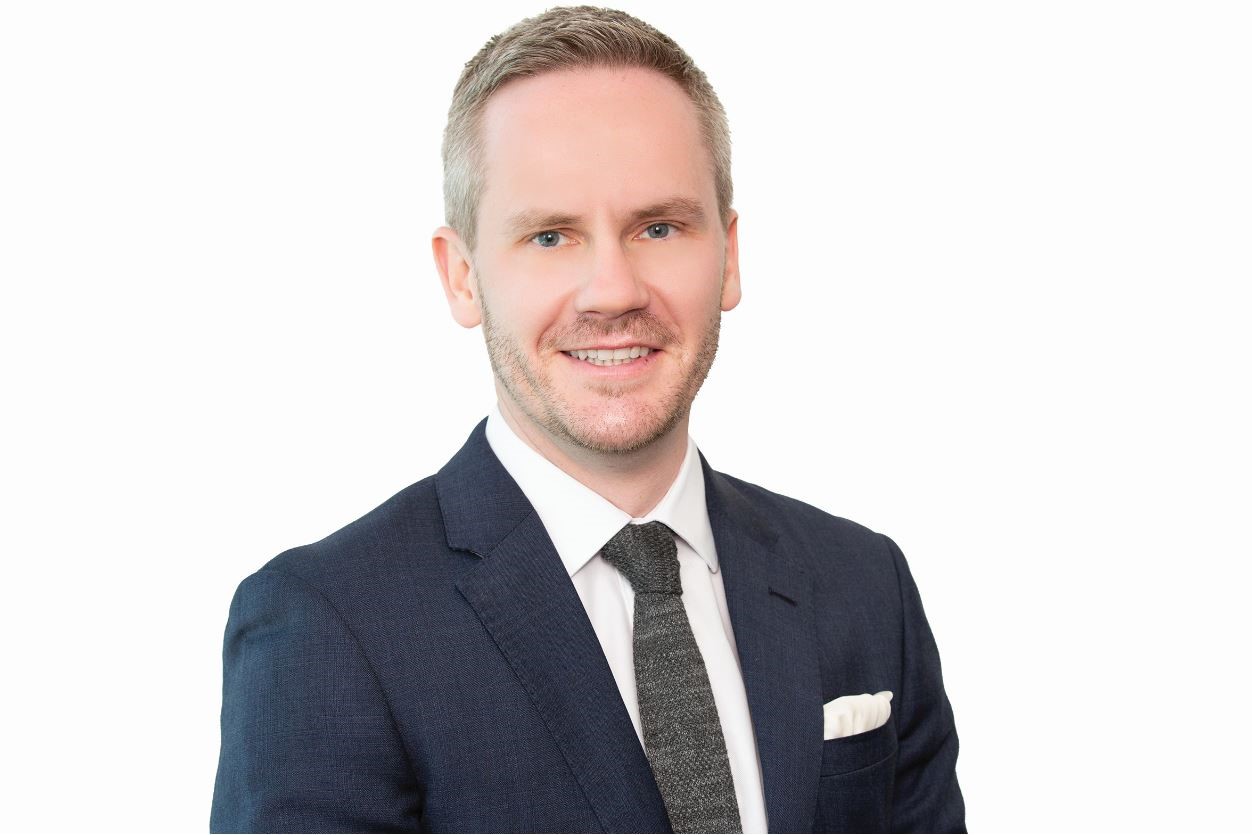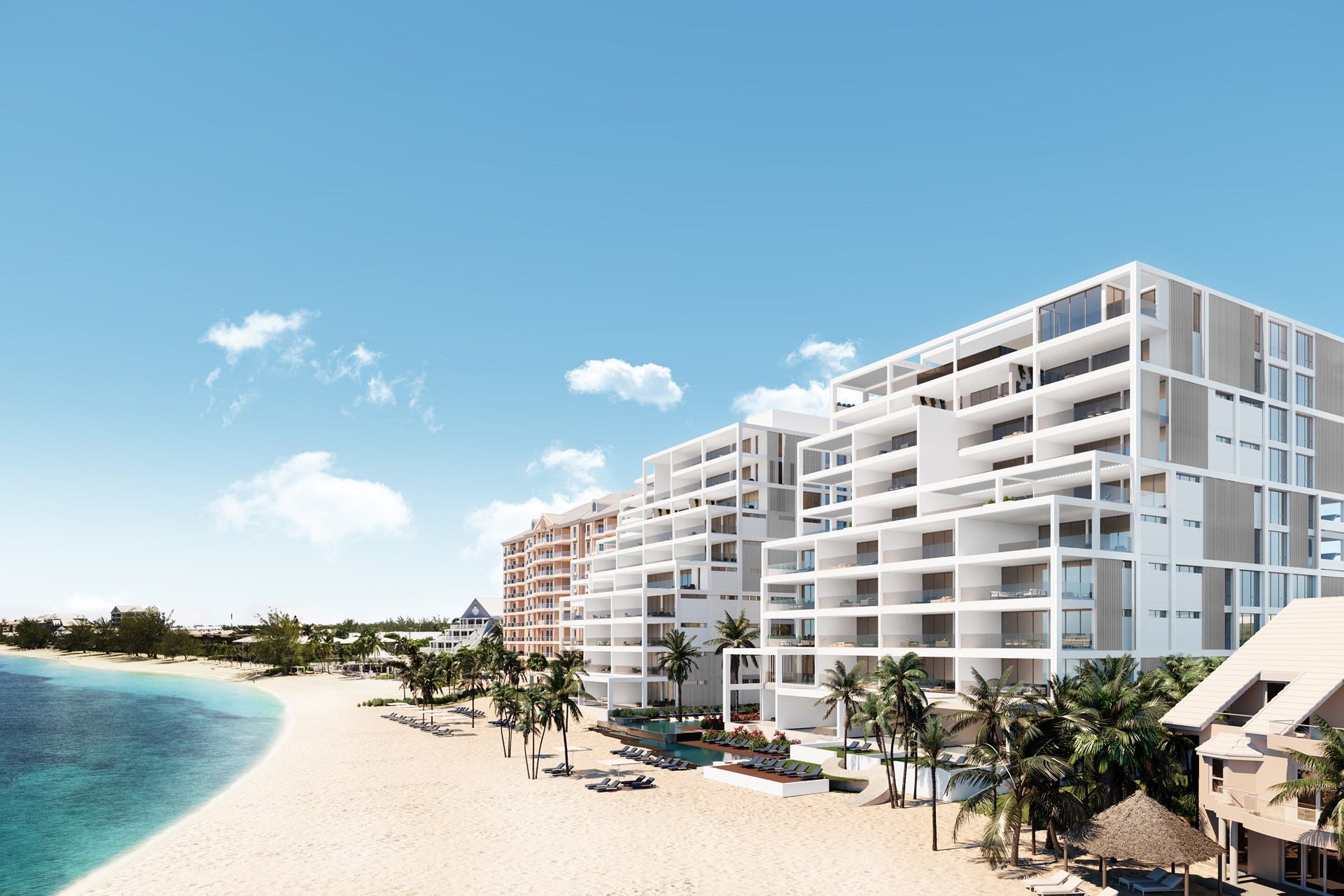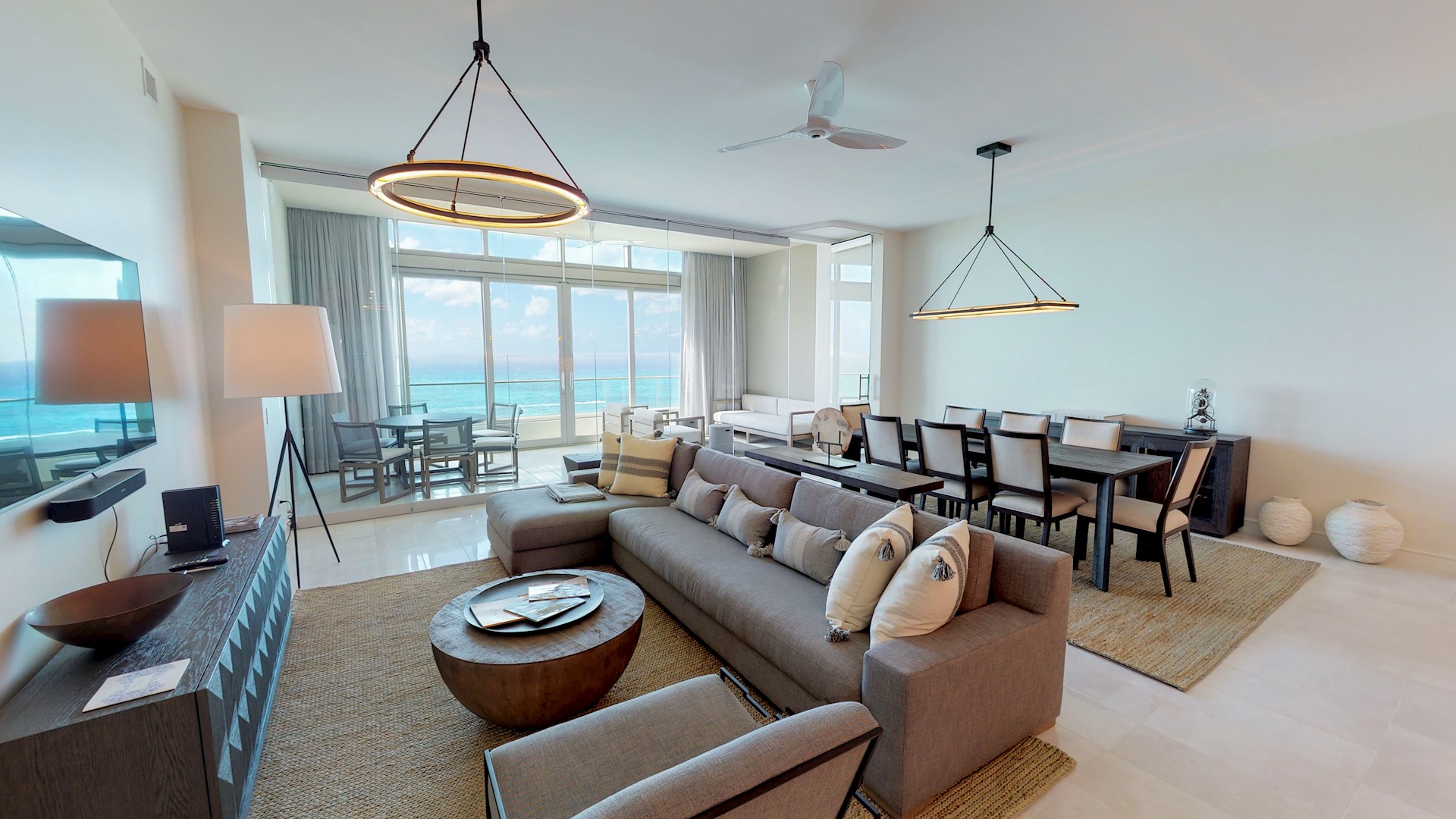
Invest in Cayman vacation property
By Sue Nickason
09 Jun 2020
Many who come to the Cayman Islands for a vacation famously say that they never want to leave. If they must, more often than not they look for a way to come back – and come back often. The islands have a way of capturing people’s hearts, and one trip is all it takes before Cayman is a “home away from home” for these visitors.
One way to enjoy annual visits to Cayman is to invest in a vacation home here. Such a property can generate rental income when not being used by its owners and also provide the comfort of a familiar setting for annual trips to the Caribbean.
While owning a second home in the Cayman Islands is very straightforward, we frequently receive questions about the property purchase process for foreign investors. We approached Adam Johnson, an expert in real estate and partner at Appleby law firm in the Cayman Islands, for answers. Adam co-authored this comprehensive 2020 Cayman Islands Real Estate Guide, which is also an excellent resource on this subject.
Adam, we get a lot of enquiries from overseas persons interested in buying real estate in the Cayman Islands, not just to live in, but to rent out when the property would otherwise be empty. What are some of the key things these investors should be thinking about?
Any investor should first have a clear intention of how they’d like to use the property. For example, is this a property that they’d like to visit multiple times a year for extended periods, or is this primarily an investment to generate income through rentals?
From there, we’d need to start delving deeper into specifics, such as: whether the investor prefers a ‘hands on’ approach to the management of the property, or would instead prefer to engage a third party; and whether standalone properties, condominiums in a residential complex or units within a hotel resort are most suitable.
One thing to always bear in mind is whether or not the investor is also interested in Cayman Islands residency – a certain threshold of developed real estate investment can be a pre-requisite for a number of routes to residency.

Are there any restrictions on overseas persons owning and renting residential real estate in the Cayman Islands?
There are generally no restrictions on ownership, but there may be certain local licenses needed in order to rent out the property, depending on a number of factors. It’s always a good idea to get some professional advice near the outset so that this can be considered in the overall investment decision.
As a general rule of thumb, a smaller scale and ‘hands off’ investment – for example, one or two condominiums within a hotel resort that are managed by the hotel operator – will require less regulation for the investor than a larger owner-operated portfolio.
Is there a difference in the licensing requirements if the investor incorporates a corporate vehicle to own the property?
There will be a number of things to consider when deciding whether or not to purchase in a personal capacity or through a corporate entity, of which licensing is just one. Generally speaking, a foreign-owned corporate vehicle carrying on any business within the jurisdiction is required to obtain a licence pursuant to the Local Companies Control Law (Revised). The investor will also need to register the entity and maintain a registered office in the Cayman Islands. While there are many service providers available to help satisfy these requirements, there will of course be some cost and timing implications that need to be considered.
What other acquisition costs might an investor expect?
The biggest cost is usually the stamp duty payable on the higher of the purchase price and market value of the property, currently at a rate of 7.5%. Stamp duty is also payable on the amount of any mortgage secured on the property, currently at a rate of 1% or 1.5% (depending on the amount secured). Once you add registration expenses and professional fees, an investor should be prepared to pay as much as 10% in total by way of expenses on a relatively straightforward transaction.
Are there any ongoing costs that an investor should budget for?
The good news is that there are currently no income, capital gains or ongoing property taxes in the Cayman Islands. An investor will, however, need to collect and pay tourist accommodation tax (currently 13% of gross nightly rate) if the property is used as a vacation rental.
If the property is managed, either on a standalone basis or as part of a hotel resort, then the investor should take the time to fully understand the manager’s fees and expenses. Operators of premium vacation properties will require that furnishing, inventory and general maintenance is of the highest standard, often at the cost of the property owner.
If the property is a condominium then there will also be periodical fees and insurance premiums due to the association responsible for the complex – known in the Cayman Islands as the strata corporation. It’s always a good idea to review the latest financials of the strata corporation when carrying out due diligence in order to factor in these ongoing costs.
What other due diligence should an investor consider?
Depending on the type of property, a survey or home inspection report is always valuable so as to uncover any issues with its physical condition – the seller will very rarely give any warranties as to the state and condition of the property.
Legal due diligence is also a must. While the Cayman Islands adopts a system of registered land that provides a state-backed guarantee of title, it is not enough to simply rely on the face of the land register when purchasing property – the guarantee applies only to limited aspects of the legal title and is not complete protection for a purchaser.
Condominiums and resort properties are also governed by detailed rules and regulations, some of which are designed to restrict the use of the property. For example, the developer of a high-end residential complex might have implemented a mechanism to prevent the rentals of units to tourists. Equally, the developer of a hotel resort might require that all units are rented through the hotel operator and only allow limited opportunities for owner occupation. It is fundamental that any investor be fully aware of the legal documents governing the property before committing to the purchase.
What about investors who prefer indirect ownership and a smaller exposure to real estate, such as participation in a REIT?
Collective real estate investment vehicles are uncommon in the Cayman Islands due to the relative size of the jurisdiction and the tax treatment when investors enter and exit from the vehicle. Unless the vehicle is a licensed mutual fund investing exclusively in Cayman Islands real estate and is listed on the Cayman Islands Stock Exchange, a transfer tax is triggered when there is a change in shareholder – up to 7.5% of the higher of the price of the share or the proportionate market value of the underlying real estate holding.
That being said, real estate investment vehicles do exist, some of which offer participation in the debt of the vehicle as a simpler alternative to the potential expenses and logistics of equity ownership.
Adam Johnson is a Partner in the Corporate and Property practice groups at Appleby, with a wealth of experience across multiple disciplines, including: all aspects of commercial and residential real estate acquisition, finance, development, leasing and disposal; corporate banking; whole loan portfolio transactions; project finance; M&A; outsourcing; and other major commercial transactions. Find out more about Adam and contact him here.

About the author
Sue Nickason has been VP Marketing and Sales at Dart Real Estate since May 2017. Originally from Canada, Sue has worked in luxury residential-resort development in the Caribbean for over a decade. Sue and her team are committed to promoting the unique value proposition of the Cayman Islands to those seeking to establish a personal and/or corporate presence here. They serve as trusted advisors and offer exceptional service, timely market information and a warm “Caymankind” welcome. Sue earned a BA (Honours) from Mount Allison University, an MBA (Distinction) from University of Guelph and has completed studies/earned certificates in journalism, economic development, adult education, customer service, revenue management, and protocol. In 2020, Sue received her Certification in Investment Migration from the Investment Migration Council. Sue is a member of the Christie’s International Real Estate Master’s Circle and an Angel in the 100 Women in Finance network.


